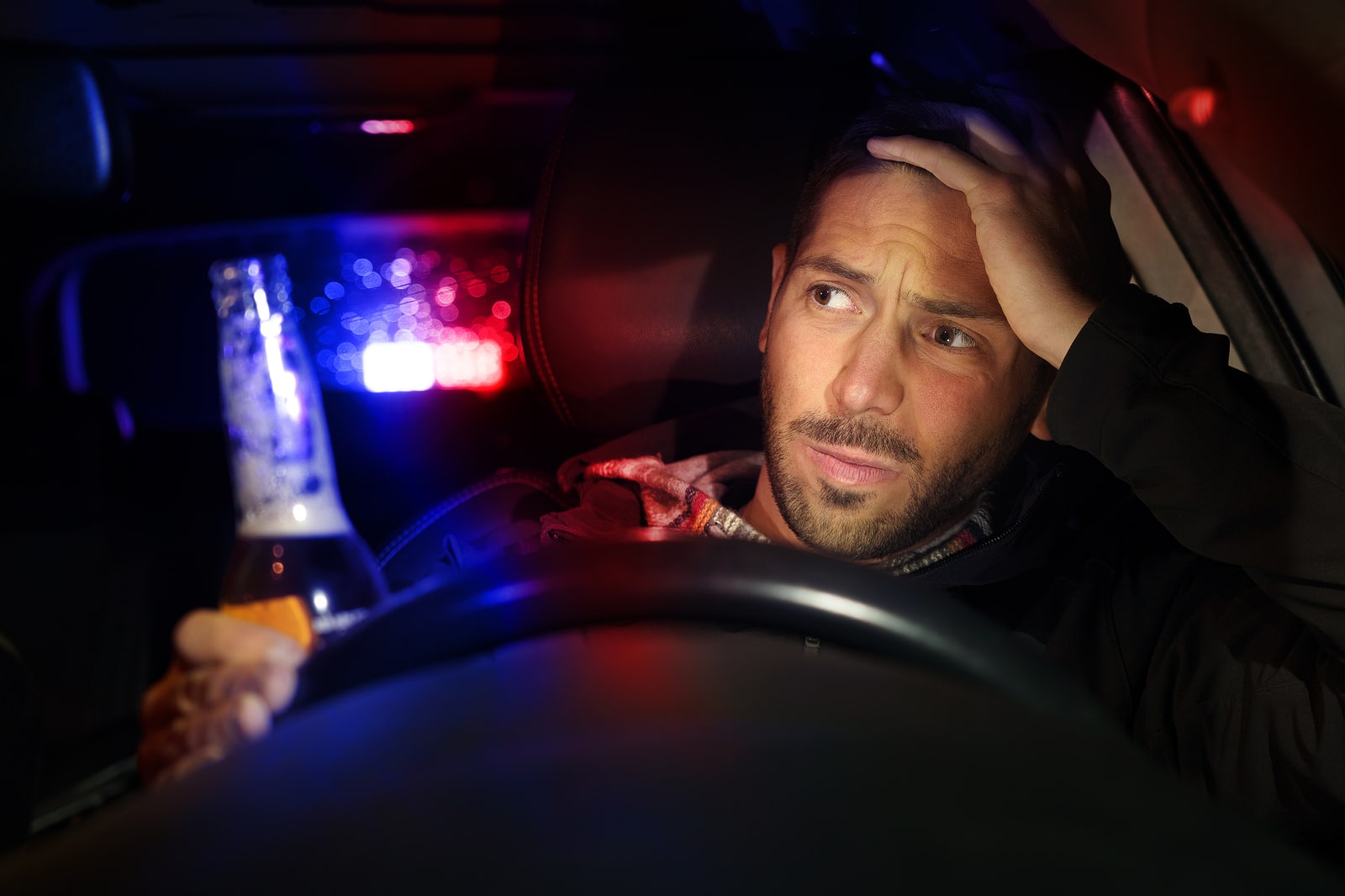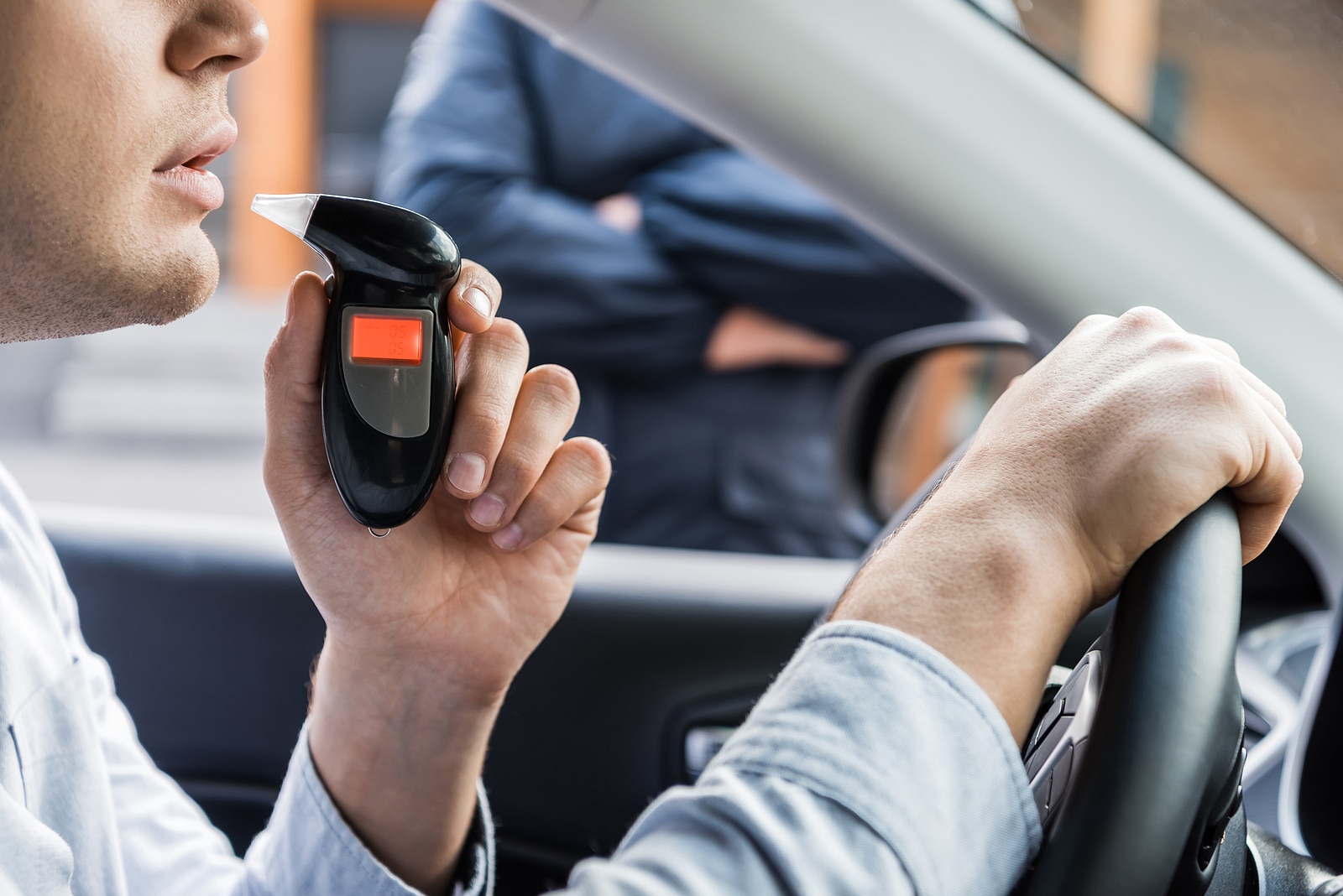What is a DUI Checkpoint?
Police officers often set up a Driving Under the Influence checkpoint in busy or well-traveled areas to help keep the roads safe. Checkpoints are considered constitutional, and many departments use them to keep driving while under the influence at bay.
It’s important to note that you do have rights regarding these checkpoints.
One of the biggest mistakes we see our clients make is to be unaware of their rights in these situations. It’s important to understand that though you want to be a law-abiding citizen, sometimes you can still refuse information or avoid a checkpoint while remaining law-abiding.
Read on to learn more.
Polite But Silent
Drivers have the right to remain silent at these checkpoints. It’s part of the 5th Amendment to politely refuse to speak to officers if pulled over or otherwise encountering them. The 5th Amendment states, “No person shall be held to answer for capital, or otherwise infamous crime, unless on presentment of indictment of a Grand Jury…”
You have the right to decline questions such as;
Where are you coming from?
Have you been drinking this evening?
How much have you had to drink?
Polite refusal shouldn’t result in an argument. Maintain composure, assert your rights, and ask that you be free to go. Officers may look for other reasons to take additional steps, like searching your car or asking to run tests, but you can legally refuse questions politely.
You Have the Right To Avoid a Checkpoint Entirely
If you are driving and see a checkpoint up ahead, as long as you can safely and legally avoid that area, you have the right to do so. However, avoiding the checkpoint doesn’t mean that you can illegally do so, such as by making a U-Turn where it’s not permitted.
You also can’t use a sidewalk or otherwise prohibited area for your car to be in, turn into oncoming traffic, or use other unsafe means of avoiding the checkpoint. But, if you see it up ahead and can safely use a side street, you can legally do so.
Standards For Running a Checkpoint Legally
Drivers have a right to expect specific law enforcement criteria when they operate a checkpoint. Officers must stop motorists based on neutral criteria rather than anything to do with race, age, etc. The checkpoint must be conducted in a safe place to maneuver in and out of rather than in an area that would be dangerous for you to pull over and speak with the officers safely.
Officers must have a supervising officer on hand to help with operational decisions and indicate that the checkpoint is official. Most officers will have signage posted that a checkpoint is up ahead, so keep an eye out for signage on your commute.
Officers aren’t allowed to detain drivers for an extended period of time without cause, so if the checkpoint seems to be taking an extended period of time, this may be unlawful.
Additionally, officers are usually required to notify the public of checkpoints in advance. New stations and social media are great places to check to see if one has been posted during holidays or other busy weekends, and you can plan your commute accordingly. Whether you are drinking or not, checkpoints can affect traffic flows. Plan accordingly.
If officers aren’t following protocol for checkpoints and aren’t operating them according to the notes above, you may have an arrest or charge that results overturned based on this.
Even if You Are Arrested, You Have Rights
Even if it’s found that you didn’t pass the checkpoint and are arrested, you have rights. You must pay close attention to hear that you have officially been read your Miranda Rights. You also have the right to be treated humanely throughout the process.
If the officers were rude or abusive during your interactions, you can speak with your attorney. It’s not common and isn’t right for them to do, and most of their interactions will be on camera, but if you feel that you were treated poorly, you can discuss this with your attorney.
If you are ever arrested for DUI or other charges, don’t hesitate to contact your attorney immediately. You are allowed to request one and reach out to one. You can call on behalf of yourself or have a family member or maybe a passenger with you call on your behalf.
The earlier you have an experienced DUI lawyer on your team to help you navigate the legal process, the better.
Your Winning Team
We know you have several lawyers to choose from in southern California for DUI representation. It’s essential that we share a bit of our story and why our clients have been happy to see the value in hiring our team.
Our team comprises one attorney who was a prosecutor with extensive experience in DUI laws for several years. He has dedicated his career to DUI defense and has several satisfied and happy clients.
Another team member was a judge and is a very experienced trial attorney. He has the unique perspective of watching cases being tried from all angles and how judges will perceive evidence or lack thereof.
Another member of our team is recognized by California as a Blood Alcohol expert, testifying in over 2,500 cases over the years.
Together, we become one of the fiercest advocates for our clients that you can find. We are tireless and determined to help our clients achieve their desired outcomes.
Call our office at (866) 927-3295 to schedule your consultation.



